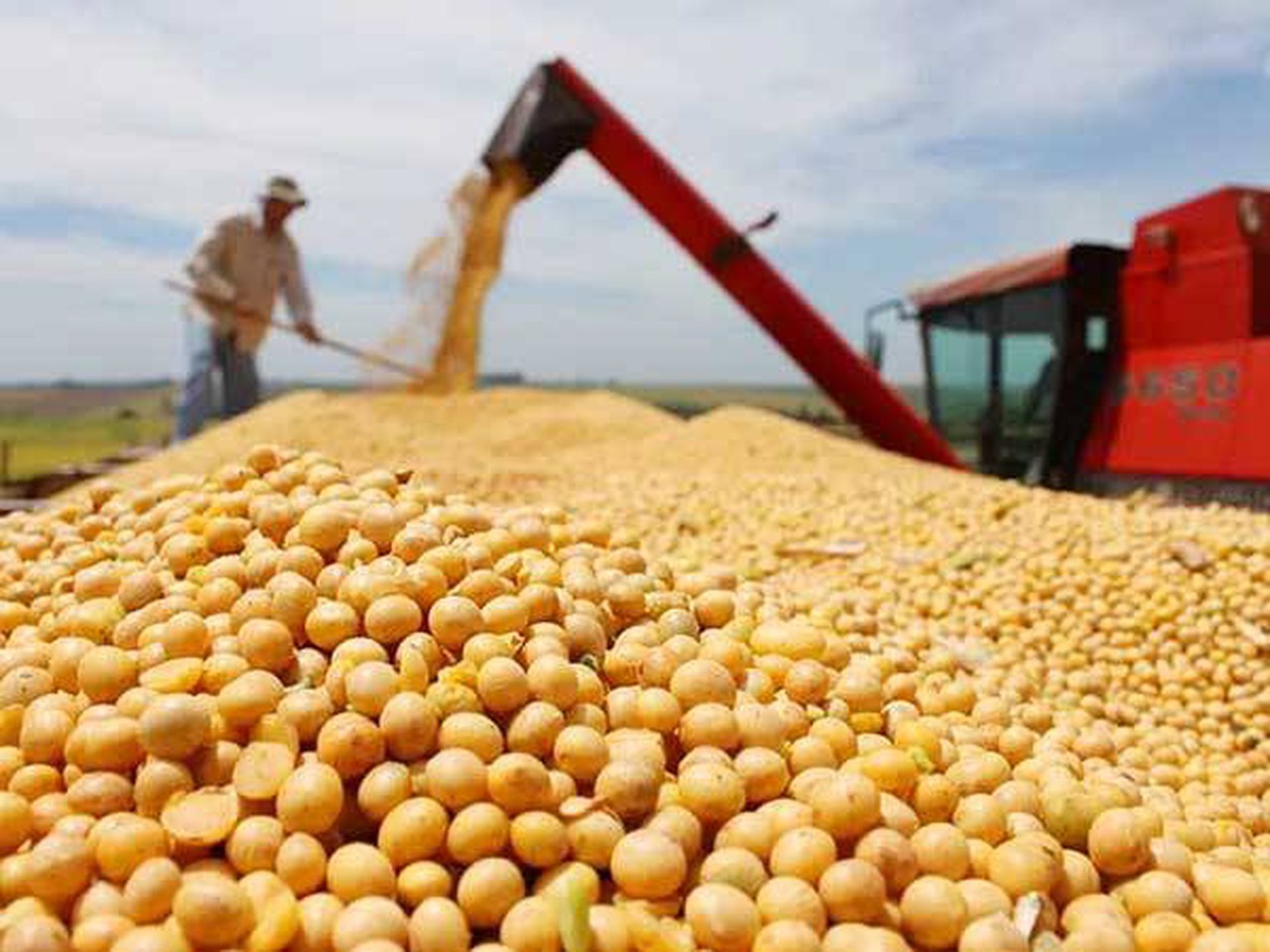Brazil Tops Vietnam's Soybean Suppliers
| Soybean delight: Tofu tales of Mơ Village | |
| Many Ways to Boost Vietnam-Brazil Ties |
According to preliminary statistics from the General Department of Customs, Vietnam imported nearly 1.82 million tons of soybeans in the first 10 months of 2024, valued at approximately $935.84 million, with an average price of $515.2 per ton. This represents a 12.8% increase in volume but an 8.2% decline in value and an 18.6% decrease in price compared to the same period in 2023.
In October 2024 alone, Vietnam imported 222,742 tons of soybeans, equivalent to $109.84 million, with an average price of $493.1 per ton. This marked a 50.5% rise in volume and a 53% increase in value compared to September 2024, with prices up 1.7%. Compared to October 2023, imports surged 60.4% in volume and 31% in value, but prices dropped 18.3%.
 |
| Brazil is the largest supplier of soybeans to Vietnam |
Brazil supplied 59.2% of Vietnam's total soybean imports in the first 10 months of 2024, accounting for 57.3% of the total import value. Brazil's exports to Vietnam reached 1.07 million tons, valued at nearly $535.76 million, with an average price of $498.6 per ton. This reflects a 20% increase in volume and a 0.9% rise in value but a 15.9% decrease in price compared to the same period in 2023.
The United States was the second-largest supplier, exporting 568,705 tons of soybeans to Vietnam in the first 10 months of 2024, worth $301.57 million at an average price of $530.3 per ton. This accounted for 31.3% of total volume and 32.2% of total import value. U.S. soybean exports increased by 3% in volume but decreased by 19.8% in value, with prices falling 22.1% compared to the same period in 2023.
Canada ranked third, supplying 109,005 tons of soybeans in the first 10 months of 2024, worth $64.42 million at an average price of $591 per ton. This represented 6% of the total volume and 6.9% of the total value. Canadian soybean exports rose by 20.4% in volume but fell by 3.8% in value, with prices down 20.1% compared to the same period last year.
In Vietnam, soybeans are cultivated across 26 provinces and cities, with about 87.8% grown in the northern region and 12.2% in the southern region. In the north, approximately 58.8% of soybean cultivation occurs in highland areas with poor soil quality, while 41.2% takes place in lowland regions such as the Red River Delta and North Central Coast. Domestically produced soybeans are used to make various foods, including tofu, soy milk, soy powder, and a small portion for producing soy sauce and fermented soybean products.
However, domestic soybean production falls short of meeting consumption and processing demands, leading Vietnam to import significant volumes annually. While traditional varieties dominate domestic production, most imported soybeans are genetically modified.
According to agricultural experts, corn and soybeans are familiar crops in Vietnam. However, their cultivation area remains limited, and yields are far lower than those of global producers.
Currently, Vietnam ranks as the third-largest importer of soybean meal and the ninth-largest importer of soybeans globally. Over the past decade, Vietnam has consumed an average of nearly 2 million tons of soybeans annually. Thanks to declining soybean prices and rising pork prices, livestock farmers have benefited significantly this year.
 | Vietnam Offers Bright Future for Brazilian Investment The Vietnamese market's advantages in attracting Brazilian enterprises and investors include political stability, high-quality human resources, increasingly improving infrastructure and open policies. |
 | Vietnam Is An Important Partner Of Brazil In Southeast Asia Over the past 35 years, the relationship between Vietnam and Brazil has been developing positively in all fields, becoming more substantive and effective with closer ... |







